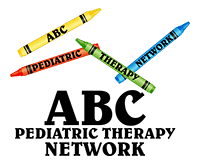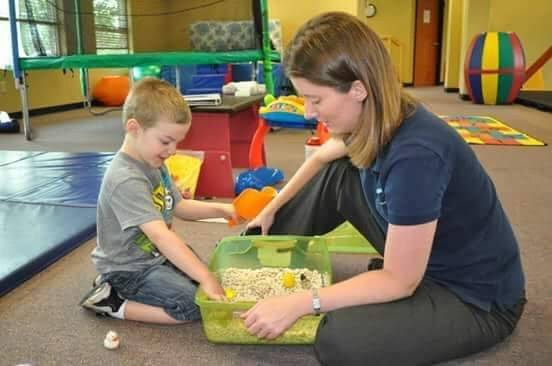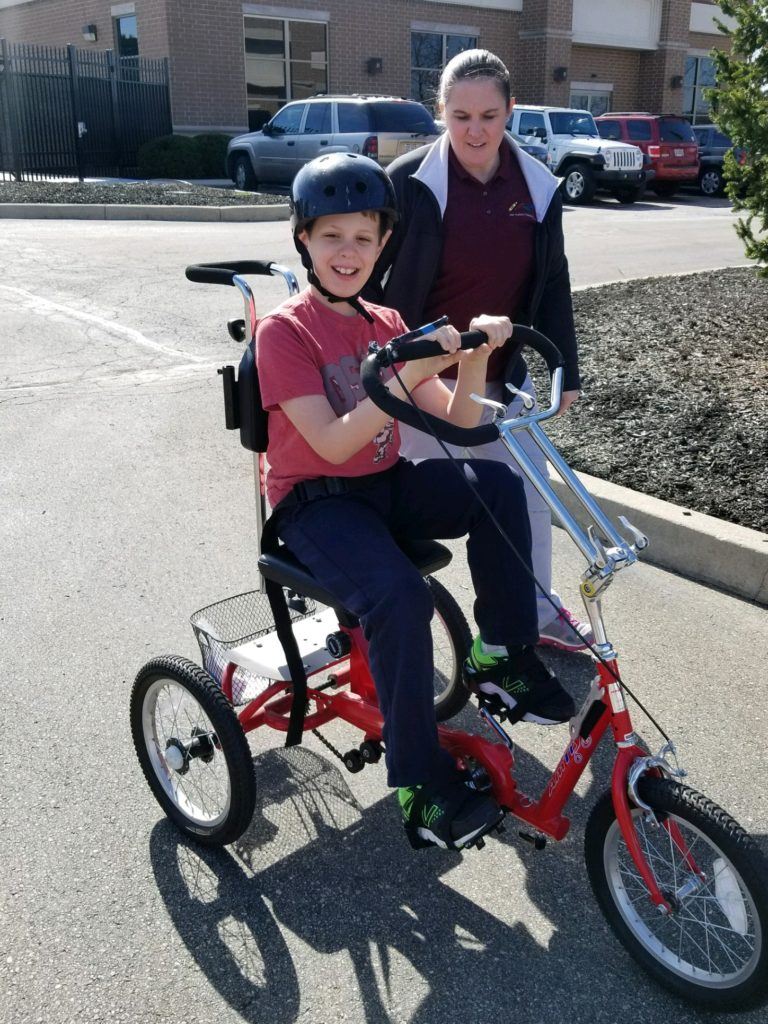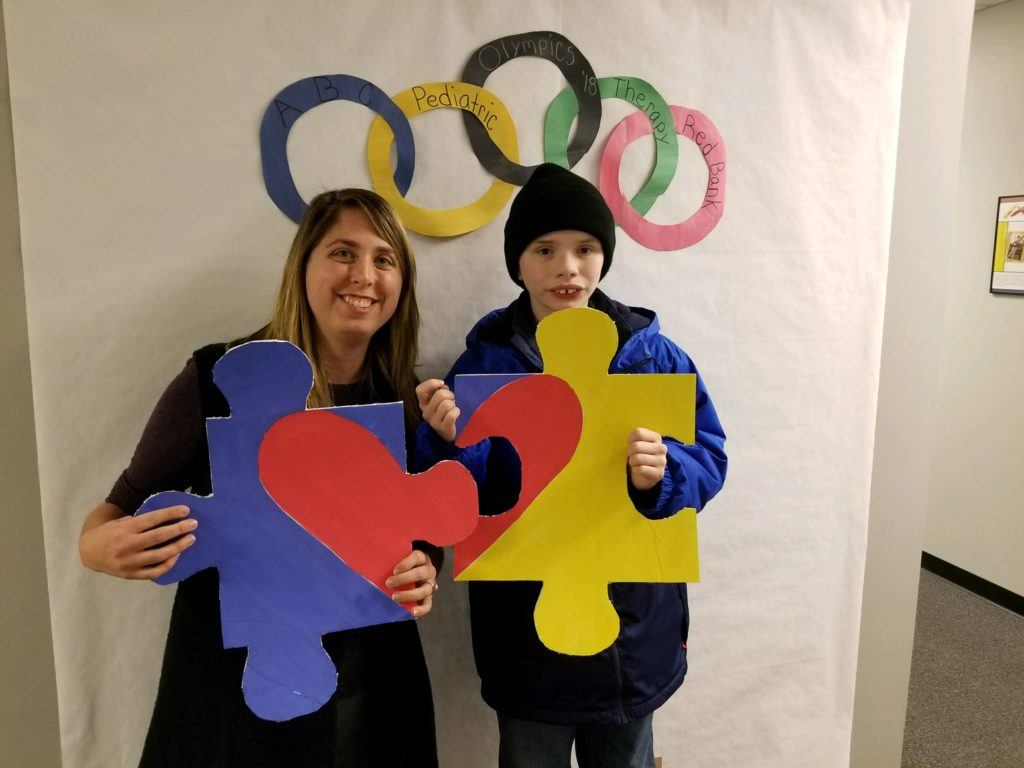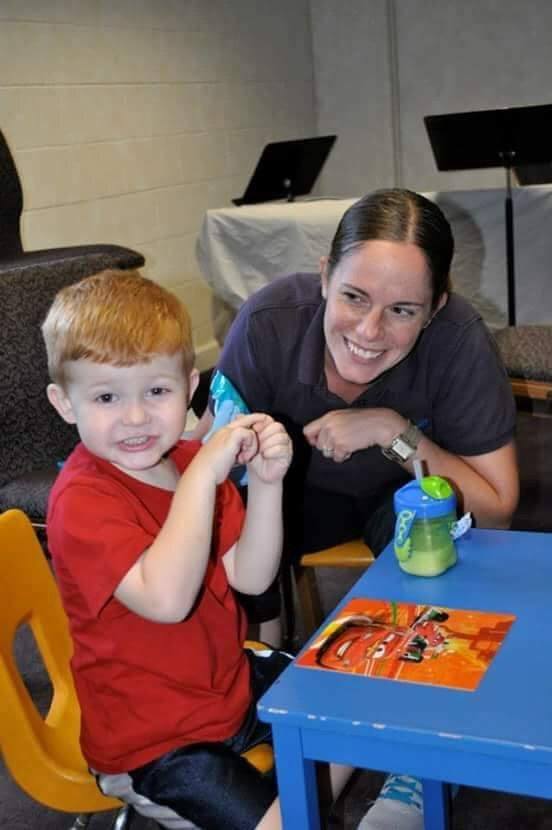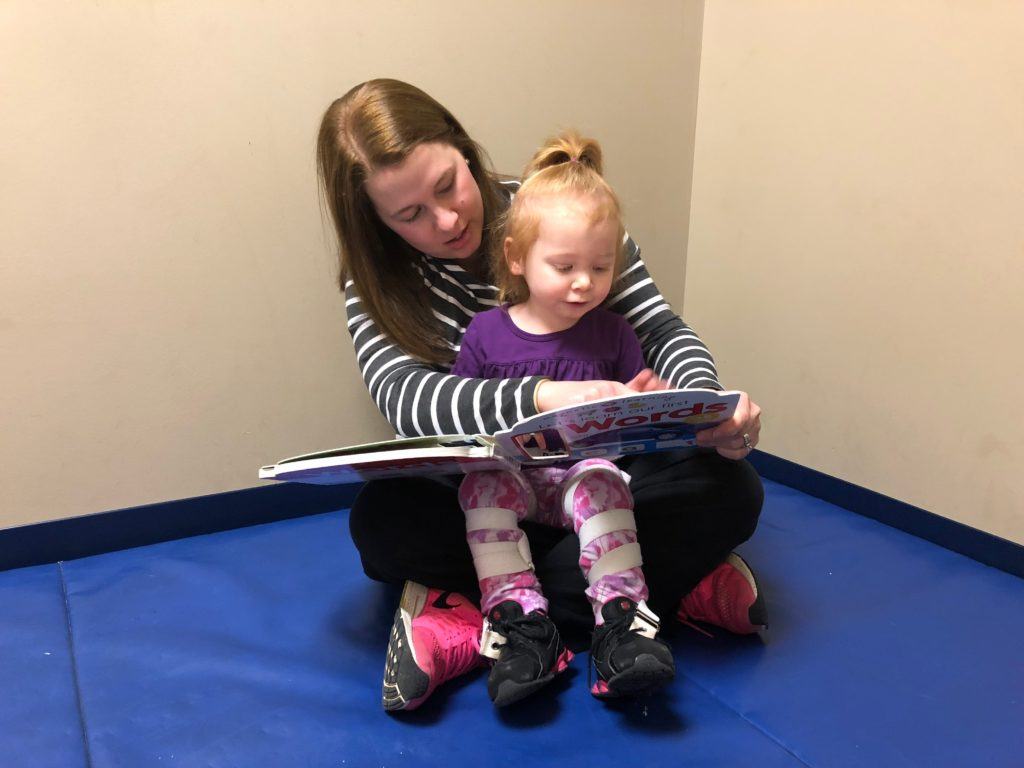Autism Treatment Services in Cincinnati and Dayton, OH
Scientifically – there is no medical test that definitively concludes a child has autism. Doctors evaluate a child’s social communication, peer interaction and overall behaviors to determine if an autism diagnosis is accurate.
Developmentally – A child with autism will demonstrate deficits in the ability to communicate and interact with others. Consistent, repetitive behaviors can limit the ability to perform skills at their age level.
What questions should I be asking about my child?
As a parent, what should I be doing to maximize my child’s potential?
Educate yourself. Know how to challenge your child socially, emotionally, and developmentally at each age level. Just like you do with any child.
Should I be concerned if my child is not reaching normal developmental milestones?
What is normal? Children develop at all different rates. Be informed. It is best to know what “next steps” your child should be meeting. If your baby is bringing hands to mouth then encourage reaching for a toy next. If your baby can sit propped on arms then encourage beginning to reach with 1 arm next.
Developmental Checklist
Is your child meeting their developmental milestones?
Who should I consult with to learn how to challenge my child?
Your pediatrician and other parents who have children with autism will guide and direct you. We recommend seeing a physical therapist to help with gross motor skills, an occupational therapist to help with fine motor/feeding/behavior/sensory needs and a speech pathologist for speech/language and feeding development.
Should I wait to start my child in therapy services and how often should we go?
Seeking help early will first and foremost educate you, the parent, how to facilitate development every day. Weekly therapy is recommended as children change so quickly. We want to be here to answer all your questions as your child makes gains. Studies show that the earlier the intervention, the more likely the individual will be able to attend general education classes in school (Richard, Gail J., PhD, CCC-SLP (2017). Earlier Intervention: Heeding the First Signs of Autism. The American Speech-Language-Hearing Association. http://identifythesigns.org/earlier-intervention-first-signs-of-autism). Early intervention also helps decrease the likeliness of behavioral problems that can result from frustration in not being able to adequately communicate.
Social Development
What is it? Social initiation, social imitation, behavior patterns, social interactions, ability to make transitions from one play activity to another.
Gross Motor
What is it? Sitting, standing, moving in space or place, using our hands, carrying things for ourselves, working.
Fine Motor
What is it? Controlling small muscle movements in the hands, feet, mouth, face, etc. Activities like playing with Legos, coloring/drawing, using scissors, tying one’s shoes.
Speech Development
What is it? Producing the sounds correctly and fluently, understanding others, sharing thoughts, ideas, and feelings.
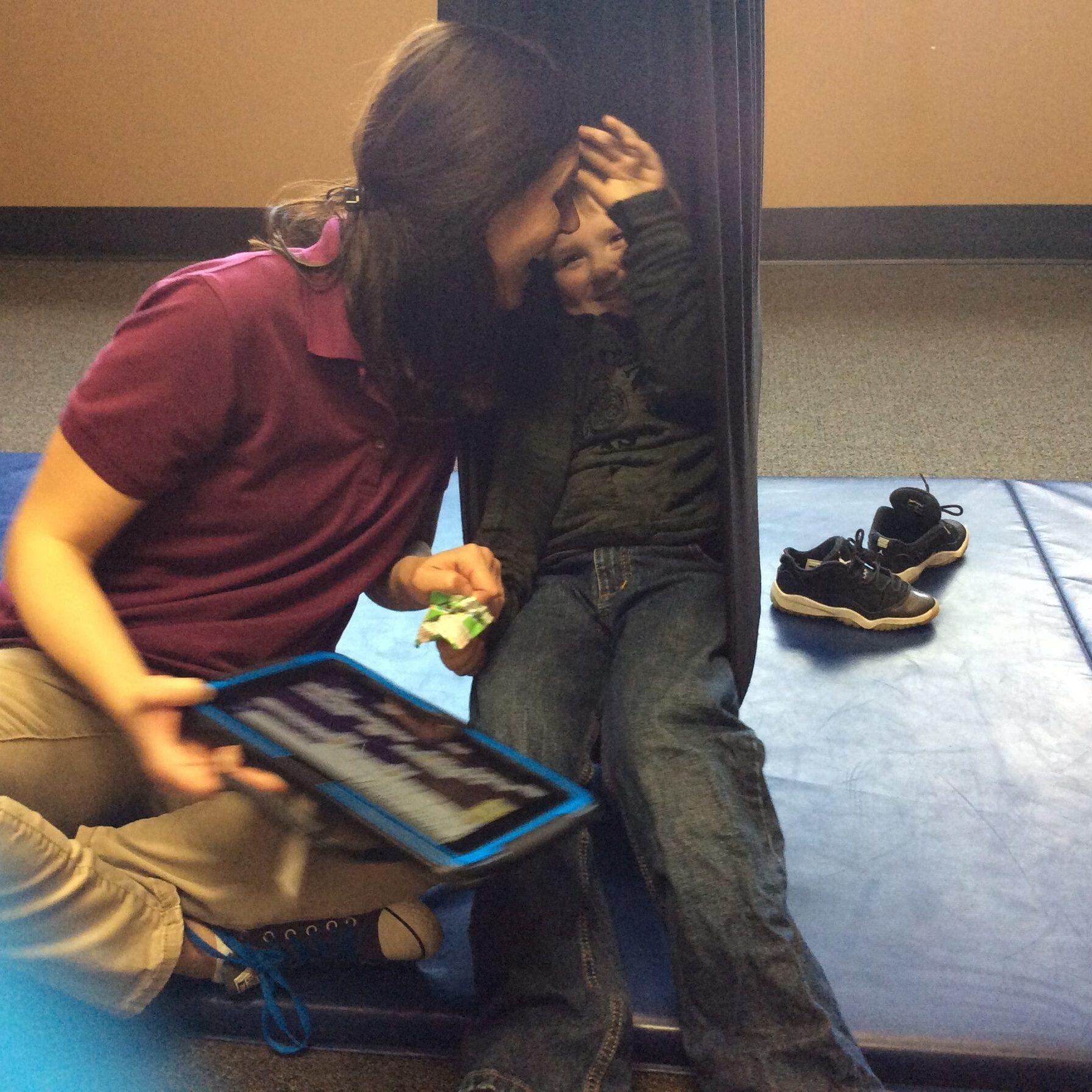
”
Signs that your child MAY have autism include deficits with:
Social Communication:
- Limited ability to initiate or participate in play with another person
- Limited awareness of others’ emotional states, perspective and intentions
- Little to no interest in attracting attention from others
- Does not respect personal space between people
- Atypical play with toys
For example, line ups or throw toys - Struggles with pretend play concepts
- Does not understand turn-taking play
- Difficulty with conversational skills
Initiating conversation with others
Participating in return conversation with follow up questions
Maintaining a similar topic in conversation
For example, might only want to talk on topics he/she is interested in
Language Development:
- Limited number of newly learned words
- Does not use words in the correct order/correct tenses (i.e, “him go to the store)
- Child may lose words that were previously acquired
- Deficits with receptive and expressive language skill
The ability to understand what is said (receptive language)
The ability to express thoughts through words (expressive language) - Echolalia – repeating what others say
- Scripting – repeating scripts from movies/TV shows
- Difficulty understanding figurative language (ie, jokes or sarcasm)
Cognitive deficits:
- Executive functioning challenges
- Difficulty with problem solving
- Limited planning and organization skills
- Academic performance below average
Sensory and feeding deficits:
- Sensory modality difficulties
- Over-responsiveness to sensory input
- Under-responsiveness to sensory input
- Sensitivity to sound, light and touch
- Picky eater
- Prefers bland foods
- Texture aversions
- Sensory seeking behaviors (e.g. may chew on inedible items
Behavior and emotional regulation challenges:
- Difficulty with changes in routine
- Limited ability to generalize learned skills
- Irregular sleep patterns
- Lack of safety awareness
- Inappropriate crying, anger or laughing for no known reason
- Anxiety or social withdrawal
- Inappropriate strategies for self-calming
- I.e., May flap hands, rock body back and forth, chew on clothing, etc.
- Excessive number of tantrums
Motor deficits:
- Lack of coordination
- Poor balance
- Difficulty in gross motor skills (ie, walking, jumping, throwing, kicking, etc.)
- Delays in fine motor skills (ie, buttoning a shirt, writing, cutting, etc.)
- Difficulty with planning and repeating movements
- Challenged by movements performed in a specific order
- Poor posture control
- Decreased hand-eye coordination
- Difficulty with using sensory information for movement
Through steady improvement, your child can attain a boost of confidence.
Help your child find new levels of independence with pediatric physical therapy in Cincinnati and Dayton, OH.
 Skip to content
Skip to content